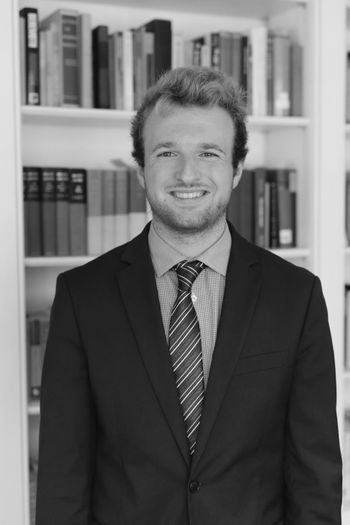UMich professor leading ‘Self-Healing & Social Justice Art Collective Meeting’
‘Please join current and new collaborators (group members) to discuss how arts-based practices can spur social change and self-healing,’ the event description advertised.
The leading professor previously created an art project to ‘investigate his own marginalization as a gender non-confirming, mixed-race and Latinx immigrant.’
The University of Michigan’s School of Social Work is hosting three meetings this semester as part of a series that combines “self-healing” and “social justice art.”
The program, organized by “The Self-Healing & Social Justice Art Collective,” consists of three sessions. The first took place on Oct. 7, and the next two meetings will occur on Nov. 11 and Dec. 2.
“Please join current and new collaborators (group members) to discuss how arts-based practices can spur social change and self-healing,” the program description says.
The Collective is a “community consisting of students, faculty, staff, alumni, and other community members at The University of Michigan School of Social Work.”
“This community is committed to advancing social justice and healing through the arts,” the group states.
The group defines social justice as “justice in terms of the distribution of wealth, opportunity, and privilege within a society.”
“Art can expose the realities of a social order, including the distribution of wealth, opportunity, and privilege,” the Collective writes. “Art can also help us imagine a more just order—by virtue of its content and by virtue of how it is presented, discussed, and taught.”
The Collective is “convened and advised” by Rogério Meireles Pinto, a “University Diversity Social Transformation Professor.” He is also a Professor of Social Work and Theatre and Drama.
One of Pinto’s works is “Realm of the Dead,” an art project he created to “investigate his own marginalization as a gender non-confirming, mixed-race and Latinx immigrant.”
This is not the first time that the University of Michigan has pushed social justice and Diversity, Equity, and Inclusion themes.
In 2021, Campus Reform found through a public records request that Michigan gave activist Ibram X. Kendi $20,000 for his appearance at a virtual event in November 2020. The discussion focused on one of Kendi’s books that alleges that “racist thought is alive and well in America - more sophisticated and more insidious than ever.”
A lecture held on Feb. 7, 2023 by the University of Michigan School of Social Work concluded that “anti-racism” should influence cancer research. The lecturer was inspired by Kendi’s work.
Campus Reform reached out to the University of Michigan’s School of Social Work, which declined to comment.
Campus Reform contacted Rogério Meireles Pinto for comment. This article will be updated accordingly.

